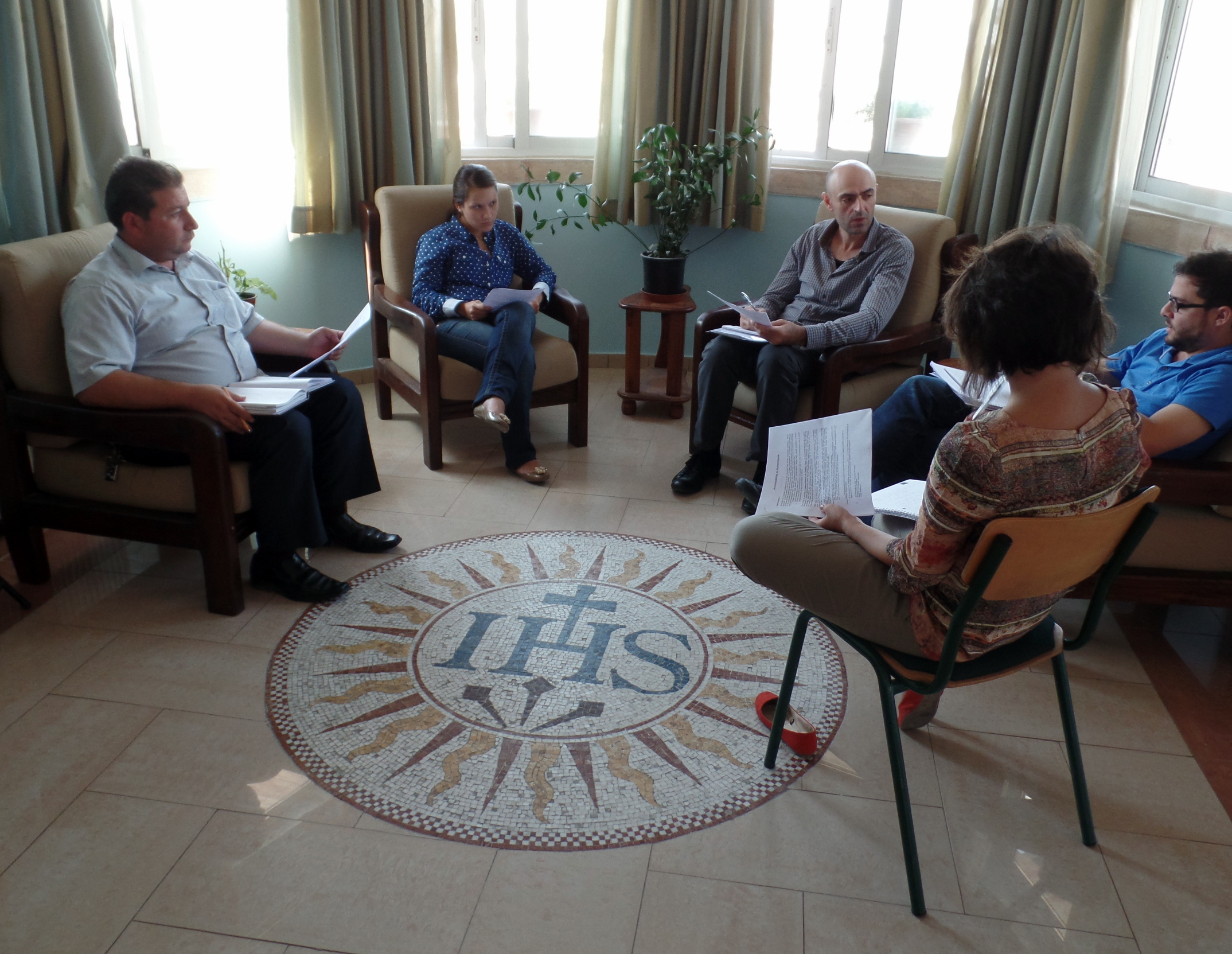
Aid workers attend an ethics program offered by Fordham University's Institute of International Humanitarian Affairs in Ammam, Jordan. (Tony Land)
It's a popular and even romantic image: a heroic and dedicated humanitarian worker — maybe even a volunteer — doing good works in a foreign land, braving uncertainty, obstacles and perils.
The problem with the image is that the humanitarian world is now not only big business — globally, in the billions of dollars — but that the work of providing assistance to those facing crises from natural and man-made disasters has grown ever more complex. And with the appearance of such threats as the Ebola virus, such work will become even more challenging. Required is a workforce that is professionally trained, smart and nimble.
"You should not be going into it to save the world," Brendan Cahill, executive director of Fordham University's Institute of International Humanitarian Affairs, said of those who do humanitarian work. "You should be leading with your head, not with your heart."




